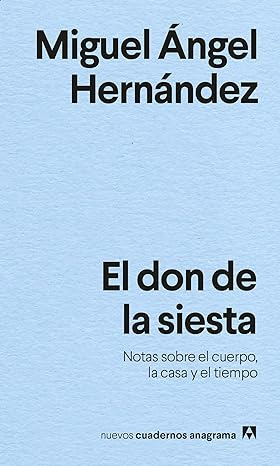📖Wednesday’s Spanish Language Newsletter! (143)
¡La "Spanish Language Newsletter" del Miércoles! (143)
You’re reading the free edition of Spanish Language and Spain Culture, a newsletter by Ángeles Fernández, which you can read about here.
Here you can find free information but... if one day you change your mind and decide to support my work... that would be great! If you value my work and find it useful, please consider subscribing.
(This newsletter may contain affiliate links. Regardless, I only recommend sites I've researched and/or used and trust.)
¡Hoy es miércoles! (Today is Wednesday!)
Aquí tienes las secciones “La palabra, el refrán y la forma coloquial de la semana”. Además, al final de este “post” encontrarás un enlace con los calendarios y temas de todos los eventos programados hasta ahora...
(Here you have the sections "The word, the saying and the colloquial form of the week". In addition, at the end of this "post" you will find a link to the calendars and subjects of all the events scheduled so far...)
¡A practicar! La pregunta de la semana. (Let's practice! Question of the week.)
El calendario de conversaciones gratis para esta semana. (The free conversation calendar for this week.)
Los calendarios y la información para nuestros dos Clubs de Lectura. (Calendars and information for our two Book Clubs.)
El calendario de nuestras clases en grupo. (The calendar of our group classes.)
List of links and events' information. Let's make it easy! 😊
In order to facilitate access to different options & sections, here is a list of links, I hope you find it useful. (Para poder facilitar el acceso a diferentes opciones y secciones, aquí te dejo una lista de enlaces, espero que lo encuentres útil.) Upcoming scheduled events.
El don de la siesta. Hablando de siestas, mirad el libro que he encontrado: “El don de la siesta.” Muy apropiado para el tema de esta semana. ¿Verdad?
El don de la siesta. Speaking of naps, check out this book I found: "The Gift of Napping." Very appropriate for this week's subject, isn't it?
🔶Recuerda que desde ahora puedes encontrar nuestros calendarios de actividades y links más usados aquí
(Remember that from now on you can find our activity calendars and most used links here) :
¿Conoces LINGODA? Es una academia de idiomas con profesores en línea. Puedes elegir entre clases en grupo o 1-1 y ofrece planes muy flexibles. Tienen un método muy práctico con el que puedes mejorar tu español conversacional. Puedes probarlo gratis durante 7 días. Si lo encuentras interesante, aquí tienes más información (y un descuento especial de 20 EUR (o 25 USD) cuando te inscribas) :
(Do you know LINGODA? It is a language school with online teachers. You can choose between group or 1-1 classes and they offer very flexible plans. They have a very practical method with which you can improve your conversational Spanish. You can try it for free for 7 days. If you find it interesting, click the link above for more information (and a special discount of 20 EUR (or 25 USD) when you sign up.)
© Ángeles Fdez. R. (2024) (https://spanishlanguage.substack.com)
CRÉDITOS DE LAS IMÁGENES (IMAGE CREDITS):
REFERENCIAS (REFERENCES):
(b) cvc.cervantes.es















"Echar una cabazeda", podéis decir "to nod off" en inglés, pero hay la idea de una acción involuntaria. "To have/take forty winks" se dice también pero es más una acción voluntaria 😊 En francés es "piquer du nez" 🤣 como un avión que cae de repente en posición vertical 🤣 un poco más dramático ¿no crees?
En inglés y francés es muy común hablar de dormir con la "consciencia tranquila" : I can sleep with a clear conscience o je peux dormir la conscience tranquil. 😊
Y como siempre muchas gracias por todo tu trabajo Ángeles.